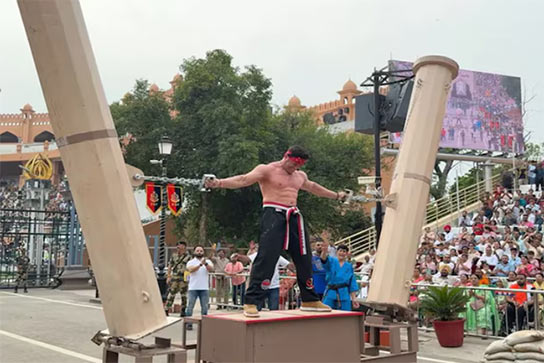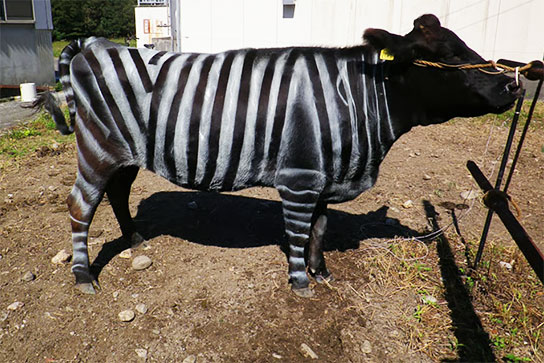Police in the Dutch city of Rotterdam is rolling out a new and highly controversial pilot program aimed at reducing crime. The program will target young men wearing designer clothing or expensive jewellery who supposedly look like they're too poor to afford the items in question. If they're unable to adequately prove to the police how they were able to purchase their clothes and/or accessories, the items will potentially be confiscated on the spot, with suspects expected to strip down in the street.
The controversial program will run for a limited time, to test its effectiveness, and the Rotterdam police department will be collaborating with the public prosecution department to help them determine what items they can legally confiscate. The main idea behind this endeavour is to deter theft by sending a signal that perpetrators will not be able to keep their stolen goods.
"They are often young guests who consider themselves untouchable. We're going to undress them on the street," Rotterdam police chief Frank Paauw told Dutch newspaper De Telegraaf. "We regularly take a Rolex from a suspect. Clothes rarely. And that is especially a status symbol for young people. Some young people now walk with jackets worth Euro 1,800. They do not have any income, so the question is how they get there."
The department spokesperson said that the items police would be on the lookout for included "big Rolex[es], Gucci jackets, all those kinds of clothes." The spokesperson could not, however, specify what types of crime they're hoping to reduce with the program.
Critics have attacked the program, saying that the confiscation measures might be illegal and that it could quickly lead to racial profiling.
"Police won't consider a white guy walking around in an expensive jacket to be a potential drug dealer," Quincy, a 20-year-old Rotterdam resident told VICE. "But it'll be a different story with minorities."
City ombudsman Anne Mieke Zwaneveld told Algemeen Dagblad, "We realized that [they] do not want to create the appearance that there is ethnic profiling but the chances of this happening are very large."
Zwaneveld added that it would be legally complicated to prove officers were justified in taking people's clothing in the street. "It is not forbidden to walk around in the street. In addition, it is often unclear how such a piece of clothing is paid and how old it is."
Critics have pointed out that oftentimes young people are still supported by the parents who can afford the expensive items, and also mentioned the ability for many to buy discounted designer items online. They added that the program is likely only going to succeed in breeding resentment between locals and the police who are meant to be protecting the community.
Ted, another Rotterdam resident interviewed by VICE, summed it up neatly by saying, "I think it's a strange way of trying to catching criminals. Why not just arrest a drug dealer when he's actually dealing drugs?"
Dutch 'Fashion Police' to confiscate designer clothes from people who look too poor to afford them






